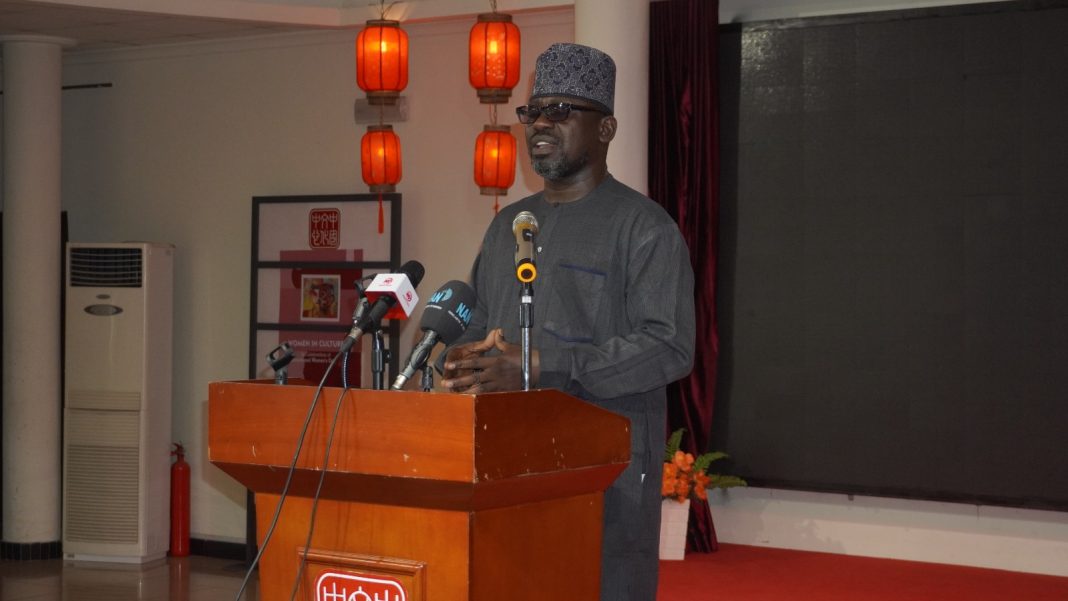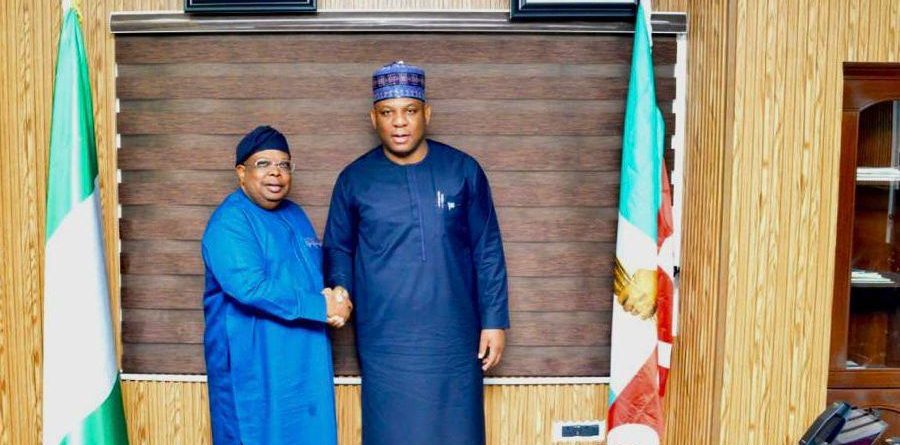Professor Sheriff Ghali Ibrahim, Director of the Centre for Contemporary China-Africa Research in Nigeria, says the second post-FOCAC Abuja Forum aims to advance China-Africa Modernization.
Scheduled for June 26, 2025, at the China Cultural Centre in Abuja, the forum is themed “Jointly Advancing China-Africa Modernization and Achieving the 10 Partnership Initiative in an All-Weather China-Africa Community with a Shared Future.”
Speaking to journalists in Abuja on Friday, Prof. Ghali outlined the forum’s core objective: to strategize the implementation of the China-Africa 10 Partnership Action Plan and harness China’s experience to advance peaceful modernization across Africa.
The 10 Partnership Action Plan, a framework for deepened cooperation, includes mutual learning between civilizations, trade prosperity, industrial chain cooperation, connectivity, development cooperation, healthcare, rural revitalization, people-to-people exchanges, green development, and common security.
“The forum aims to foster dialogue on how Africa can draw from China’s successes in governance, poverty reduction, and socio-economic development to achieve the African Union’s Agenda 2063,” Prof. Ibrahim said.
The foreign policy scholar outlined the goals of the forum, including exploring joint modernization strategies, promoting the China-Africa Joint Arbitration Centre to safeguard Belt and Road Cooperation, and adopting eco-friendly modernization rooted in peace and common prosperity.
“The forum will feature 10 expert presenters from West Africa, who will address critical topics such as overcoming policy inertia in implementing the 10 Partnership Action Plan, sharing governance and poverty reduction experiences, and aligning China’s development philosophies with Africa’s modernization goals.
“A key focus will be the African Union’s Agenda 2063, with discussions on how China’s experience can support Africa’s long-term development vision.”
On the expected outcomes, Prof Ghali stated that African governments should gain practical strategies for implementing the action plan, while leaders will better understand China’s approaches to governance and poverty alleviation.
“We want participants to embrace the ‘people first’ philosophy and commit to sustainable, inclusive modernization,” he added.
The event is expected to draw a diverse audience, including ECOWAS government officials, diplomats, security agencies, business leaders, civil society, academia, and thought leaders.





